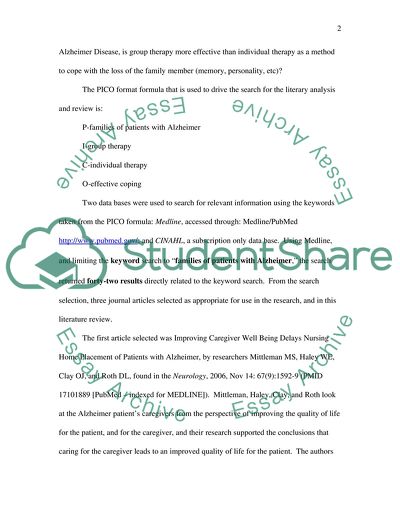Cite this document
(Alzheimer Disease and Methods of Dealing with It Literature review, n.d.)
Alzheimer Disease and Methods of Dealing with It Literature review. Retrieved from https://studentshare.org/health-sciences-medicine/1551586-literature-search-paper-alzheimer
Alzheimer Disease and Methods of Dealing with It Literature review. Retrieved from https://studentshare.org/health-sciences-medicine/1551586-literature-search-paper-alzheimer
(Alzheimer Disease and Methods of Dealing With It Literature Review)
Alzheimer Disease and Methods of Dealing With It Literature Review. https://studentshare.org/health-sciences-medicine/1551586-literature-search-paper-alzheimer.
Alzheimer Disease and Methods of Dealing With It Literature Review. https://studentshare.org/health-sciences-medicine/1551586-literature-search-paper-alzheimer.
“Alzheimer Disease and Methods of Dealing With It Literature Review”. https://studentshare.org/health-sciences-medicine/1551586-literature-search-paper-alzheimer.


